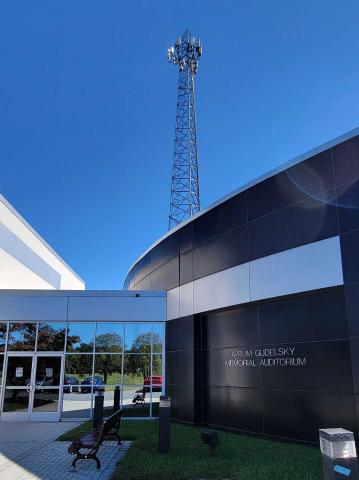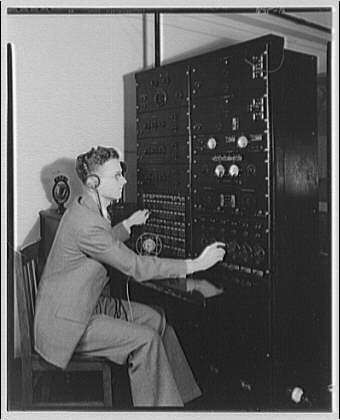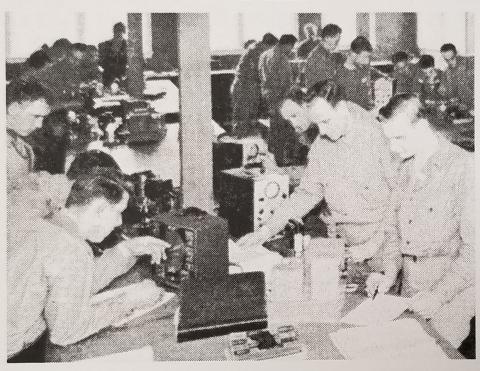February 13, 2022 marked the annual recognition of World Radio Day. The theme for this year’s celebration was “Radio and Trust.” According to the United Nations (2022), the radio is still one of the most reliable and trusted forms of communication to date, which can be accredited to its continued widespread accessibility. Disparities are seen with usage of the internet and other digital media due to issues with affordability, availability, and reliability. While the internet offers an immense amount of information and connectivity, some areas are outside of its coverage and since it is often a paid service, not everyone can afford access. The radio, however, offers free access to mainstream news, which in the public opinion, is notably the most trusted form of media in today’s world. The internet is also seen to spread misinformation by disseminating “fake news” and other false truths. In contrast, the radio is typically considered more credible with its information as it is often coming live from familiar broadcasters in local areas. It also encourages diversity and inclusion, as it reaches out to underrepresented communities and groups more than the internet, especially globally. For example, in countries like Jordan, radio broadcasting is far more widespread than internet access, and this has fostered local human rights centered coverage and news stories. This year, promoters of radio communication want to emphasize the impact of the radio throughout the years and the great strides it has made in connecting people worldwide.
As many may know, Capitol Technology University has a long history within the field of public radio and broadcasting. As a U.S. Navy Radioman, Eugene H. Rietzke recognized the importance of communication and connectivity, especially during wartime. The reliability of the technician, as well as the equipment they used, were vital to critical operations, both on and off the front lines. He wanted to fill the notable gap with more professionals trained in radio studies by passing on his experience and knowledge to the public. Thus, he founded the Capitol Radio Engineering Institute (CREI) in 1927, establishing it as one of the first three technical institutes accredited by the Engineers’ Council for Professional Development (ECPD/ABET). Students of CREI were given hands-on experience with many varied types of equipment of the time, such as crystal set radios, vacuum tube radios, switch boards, and radio receivers.
Since then, Capitol Tech continues to pride itself on providing students with access to professors who are experts in their field, hands-on experience with cutting-edge equipment in labs, and a range of advanced technology degrees from which to build a lucrative career.
To read more about World Radio Day 2022, click here.
For more information on the history of Capitol Tech, click here.
For more information on Capitol Tech’s degree offerings, click here.
References:
UNESCO marks World Radio Day with focus on trust. (13 Feb, 2022). The Jordan Times. Retrieved from http://www.jordantimes.com/news/local/unesco-marks-world-radio-day-focus-trust
Rush, M. (n.d.). How the radio changed over time. Retrieved from https://www.sutori.com/en/story/how-the-radio-changed-over-time--pHeuFDSmtrMGsHUUfMZQhcFG
United Nations. (2022). Radio and trust. Retrieved from https://www.un.org/en/observances/radio-day
Photo Credit (cover): Naspa Media





